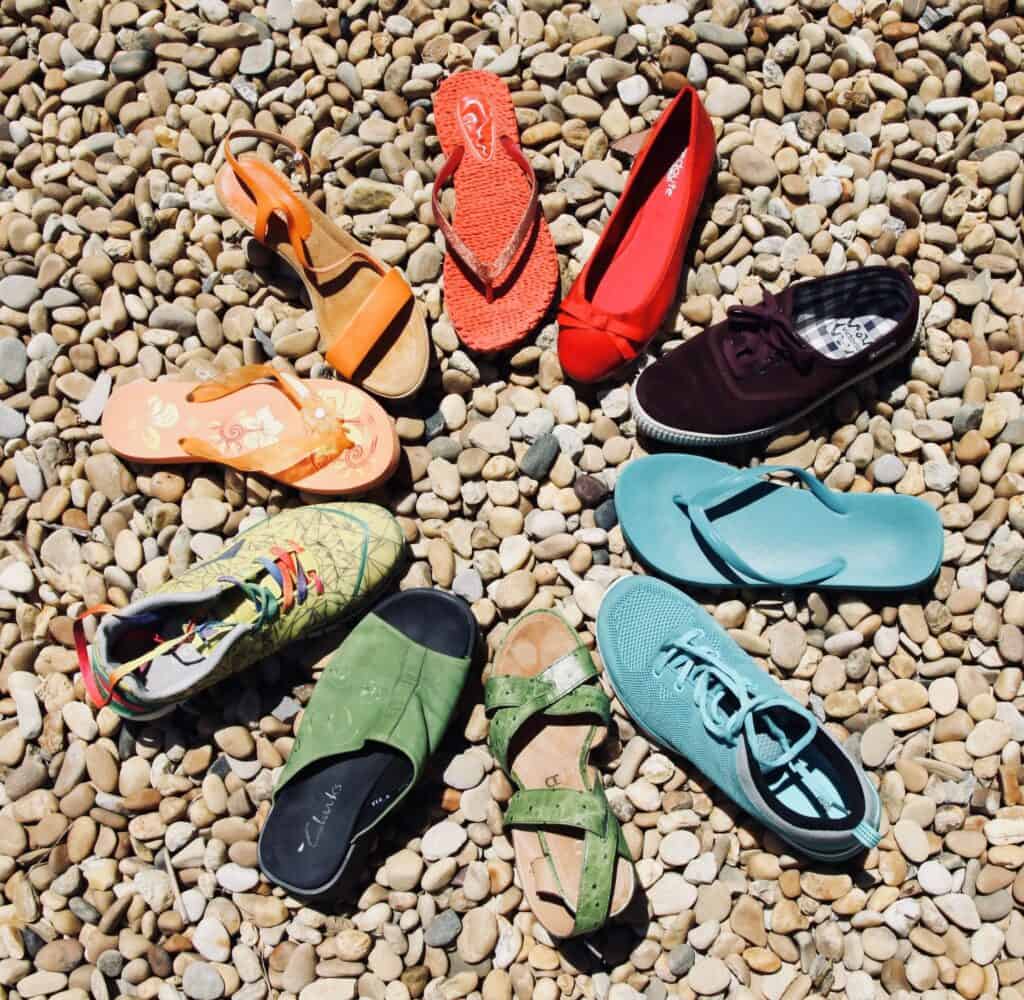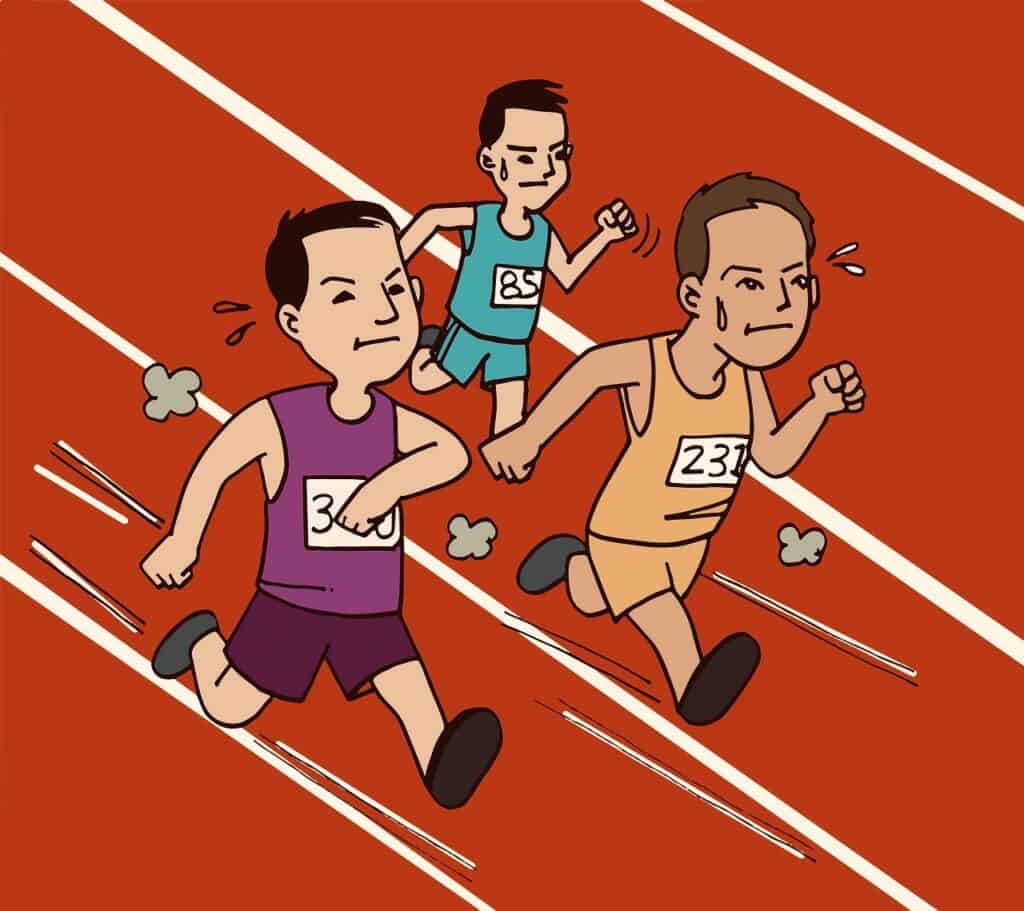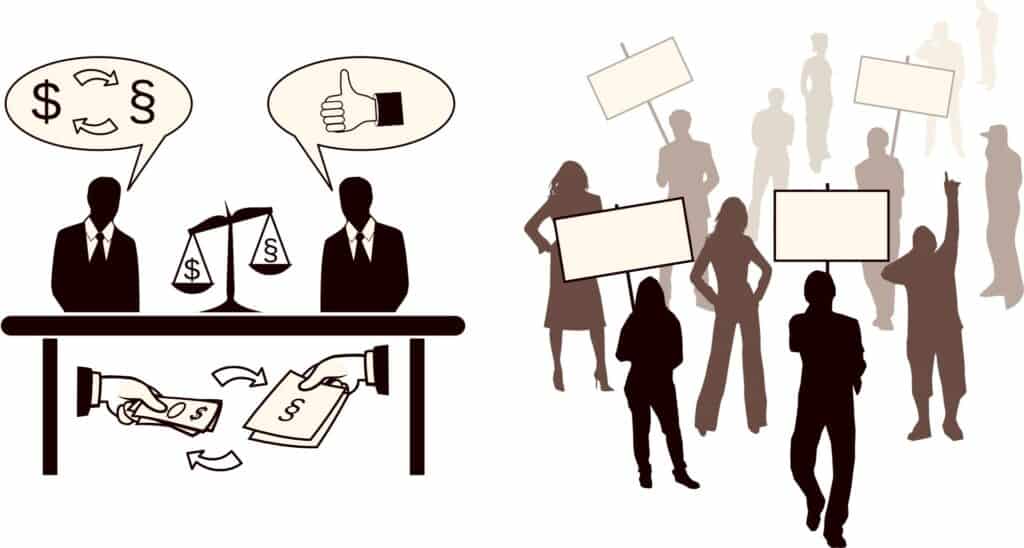
I love coffee — though I cannot make the same love confession about coffee queues. Drinking coffee is the highlight of my day, and I am not proud of it. After all, you cannot brag about caffeine dependency, can you?
Today, we are going to talk about something related to coffee – yes, coffee queues. But what we are really going to talk about is how queuing for coffee teased my thought about the whole idea of queuing.
Why do we believe in queues so much? Do queues really represent the equality we champion, or is it just a necessity? Are they really fair? What truths and lies do they uncover when you stop taking them for granted?
We are going to answer all the above questions — and after reading this article, you may never look at queues the same way again.
How we came to queue the way we do today
Credit goes to Britain – or not?

The first modern queue was allegedly ”invented” by the British. During the Industrial Revolution, more and more people moved from rural to urban areas looking for work. This increased pressure on urban services necessitated an organisational structure that ensured phased and effective service — that is how the darling child we are doting on today was born.
We have to take this information with a pinch of salt, though. It is always difficult to know who invented what for the very first time, especially concerning such a basic organisational structure as queues. For example, who invented flying? Was it the first human to ever dream of flying, the first to ever try to fly or the one who came up with the most rudimentary model of an airplane?
Egaltiarian ideals

What we do know for sure is that Brits also queued out of respect for egalitarian beliefs and values. Referring to Britain and other Anglophone countries where good queuing etiquette runs deep, Professor of Psychological Sciences at the University of Melbourne Nick Haslam corroborates this, saying that ”the more charitable view is that there is a strong tradition of egalitarianism in many of these places – and the queue is a form of equality, where if you seek a service first, you are served first, regardless of your social position.”
We like queues because they reassure us that we are all equal. It does not matter how many millions you make, what awesome job you have or what Arthurian sword you wield.
But what if queues start reminding us of the complete opposite? What if they actually reek of inequality and injustice? How can queues shatter our long-held fantasy of egalitarianism?
The next sections shows us how.
How queuing proves equality a fantasy
Fast Track: some queues are more queued than others
Good business is fast business

Why do some people jump the queue? They want to decrease their waiting time. They want faster service at the expense of others’ time. Society hates this because who on earth do you think you are? Do you think you are better than others? By virtue of what?
By virtue of money, apparently.
It seems that there are more subtle ways to jump the queue without getting into a brawl. As surprisingly, nobody is mad about it! All you have to do is bribe your way not to the head of the queue, but to an entire queue of your own! A fast track queue! Different cases?
No.
Whether it is jumping the queue or paying for a smaller one is irrelevant because they both entail you will be waiting less. It does not matter what the means are; the end result is the same. You will wait less because you paid more. Does this not count as privileged treatment? Are fast track queues not a living proof of Orwellian equality? Are all queues equal, but some are more equal than others?
Fast business is good – on a leash

You may say that people simply choose to wait longer instead of paying, but it would still not justify why fast track queues exist. Why would a business have fast track queues if it is already within its ability to serve people faster? Why not do it for free?
”It is business,” some may say.
Yes, it is, but even business must be ethical and foster values of equality, not favouritism. Instead of offering preferential treatment to those who can pay more, why not raise the ”standard” fee so queues move faster for everybody? This way, we avoid treating most people like packed sardines getting ready to be shipped off to the New World while the privileged few set sail on their own fast track ships.
Some may also say that people choose not to pay for fast track queues even when they can afford it. Well, that still does not justify the existence of such queues. Equality must be a given, not an option you can pay for. If you have to be privileged to be treated equally, what egalitarian substance would be left of the concept of equality?
UK visas: some queues are more British than others

The ex-prime minister Theresa May commented once that EU nationals will not be able to ”jump the queue” after Brexit. She meant that EU nationals would be on an equal footing to other nationalities in migrating to the UK.
No one assumed there was a ”migration queue” as it was part of EU nationals’ rights to freely live and work in the UK, but since May did make the assumption, she dug her own grave.
Since Theresa May is apparently a staunch egalitarianist, you would expect that after Brexit, who you are or where you come from would not matter much in getting a shot at living and working in the UK. Everyone would have to ”queue” and be treated equally — right?
Wrong.
For Theresa May and the conservative government in general, some queues are more equal than others, too.
If you are a business tycoon with millions or billions to burn, you will be able to fast track your path to permanent residency in two years. Other perks include not getting called a queue jumper by a country’s prime minister and avoid getting too much attention from the public for that matter.
if you are an ordinary citizen like most people around the world, you will have to stick to the ordinary queue. It will also take you five years instead of two to get permanent residency. If you are from the EU, name calling will likely be part of your every day life because if the prime minister of the country does it, why should others not? Are British prime ministers not the embodiment of British values? Since that seems to be the case, inciting bullying and harassment are two great British values.
Some queues are more British than others.
How queues morally justify corruption

Queues provide a moral justification for bribery. If you can pay a business or a government to jump the queue, why should you not do the same with every other service you require whenever convenient?
You may say that you would be taking the law in your own hands, but are businesses and governments not doing the same? They cannot get away with bribery just because it is ”policy”. We have proven the futility of this argument in the population control article. Just like they have their own interests and policies, so have we, which begs the question: where can we draw the line between bribery and non-bribery, corruption and transparency?
”Do as I say, not as I do” is where we can draw it.
Did the businesses and governments that adopted such an approach to queues ever consult people whether they were okay with it or not? No, they just acted like they could. Why can we ordinary people not do the same? Why can we not pay someone to decrease our passport waiting time? Maybe pay the shop assistant to serve us faster? How about paying a potential employer to process our application first?
Queue jumping in all its forms must be banned no matter how businesses and governments may justify it.
Final word on queues and equality

Queues are there for a reason: to remind us that our inherent value as human beings is recognised and respected. We are also assured of equality when we see it in practice: in court, housing, job opportunities and other sectors.
You cannot compromise on equality just like you cannot on human life because the first is an integral part of the second. We are born equal. We do not acquire it after birth. However, when the economic and political elite start adding ifs and buts to queues, equality becomes the very reinforcement of inequality; it becomes a background for it. The privileged always stand out at the expense of the underprivileged equal.
Equal treatment must not be for sale. Fast track queues, golden visas and whatever other privileges handed on a silver platter to the wealthy few must stop. A lot of companies have adopted such disgraceful policies – Argos and Ryanair are a couple of examples. Governments are as complicit in this undemocratic practice. Cyprus even put its EU citizenship on sale in exchange for two million euros.
The only scenario that warrants offering some of your inherent worth to another human being is when he or she is clearly in more need than you. If you come to the hospital with a cut on your hand while another with broken ribs, you will understand why this person has to be treated first. The hospital is also doing this with people’s interest in mind, not theirs.
Let us all remind the often forgetful economic and political elite that though money and power may be exceptional, they cannot be an exception to the universal rule of equality — and queues.

I can see where your thoughts are coming from but, unfortunately, it’s all about the money. Queues are the least of our problems thought, to be honest.